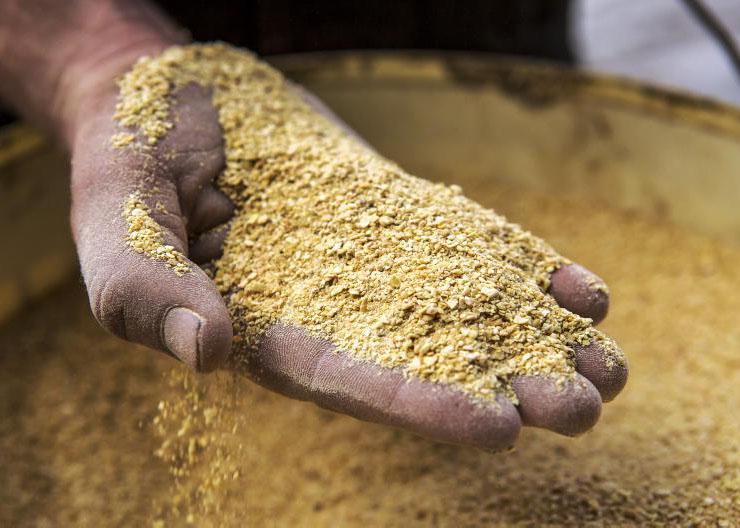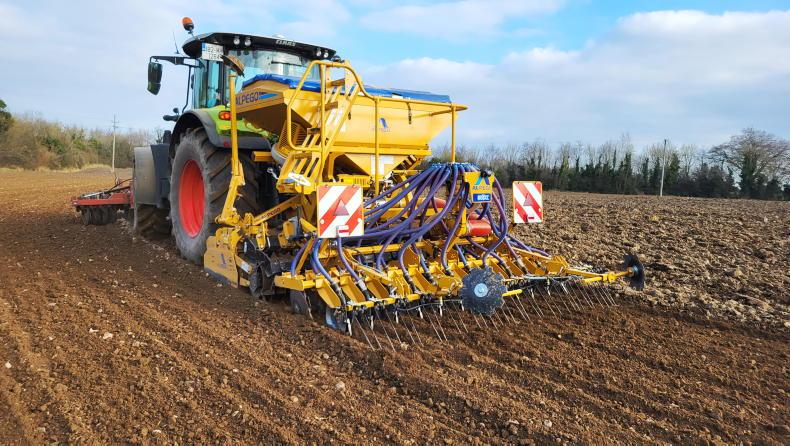Wheat has huge potential to play a key role in the Irish distilling industry, according to Dr Sinéad Morris of SETU at the Teagasc National Tillage Conference.
With yields of over 410l alcohol per tonne of wheat on a dry basis, there is an opportunity to replace imported maize with native wheat in the drinks sector.
It was thought that a lower grain protein was the main contributor to a higher alcohol yield, but new research shows a correlation between the protein level, the starch level and alcohol yield.
This means that Ireland’s high-yielding wheat crops are well suited to distillation, with rates of 200kg N/ha, or higher, ideal to provide a high-starch content, which results in a high-alcohol production.
Protein levels of 8% to 11% can also help to maximise alcohol yields, and this is at a level that is currently quite common for Irish winter wheat crops. This means that an added value product may be possible from Irish wheat without major changes to a farmer’s management practices. However, the process can be easier with softer wheats, rather than the hard wheats common in Ireland, with the example of the variety LG Astronomer outperforming Costello given, which may cause some agronomic challenges.
While wheat was the focus of this talk, rye and maize will be researched in the coming years to determine their alcohol yield and grain composition to discover if there’s opportunity to use more domestic grains in the drinks industry.
There may even be an opportunity to research the use of potatoes in this process. This research has been conducted on a lab-scale to date, but focus will now turn to larger pilot-scale experiments.
Lisa Ryan of the National Centre for Brewing and Distilling, Teagasc Oak Park, spoke on the day. She explained that the centre, which opened last year, can validate the added value potential of Irish grains for malting, brewing, and distilling.
They also partner with academic institutions and industries to provide education, training and to support innovation. With over 70 breweries and 40 distilleries nationwide, there is a huge demand for education and training from those running these businesses.
The centre currently has a micromalting plant and a pilot malting plant, which can process 250kg of grain in six or seven days. There is also a pot still and column still for distillation purposes.
Further expansion of the centre is also currently underway, with a full-scale analytical laboratory and sensory room set up for industry use.









SHARING OPTIONS